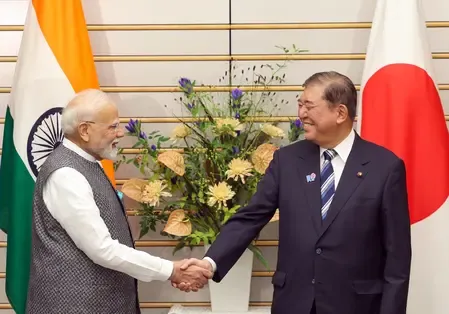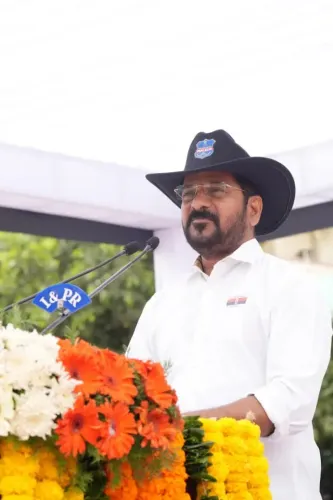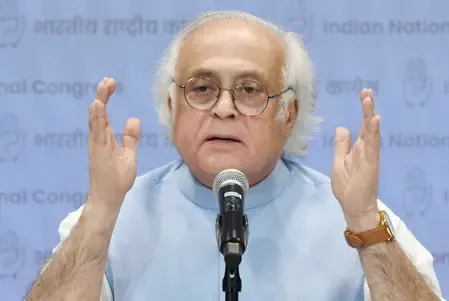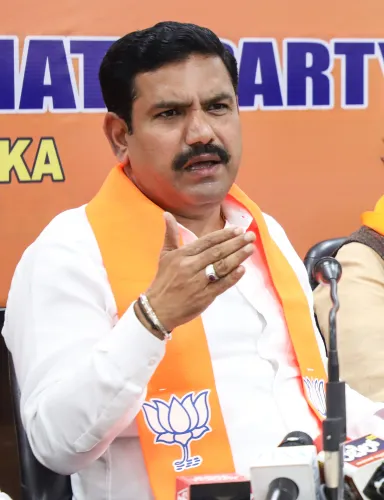Has the India-Japan Reset Herald a New Era in Strategic and Economic Ties?

Synopsis
Key Takeaways
- Enhanced security cooperation among India and Japan.
- Major investments from Japan into India's technology and infrastructure.
- Collaboration on clean energy and advanced technologies.
- Strengthened cultural exchanges to deepen ties.
- Joint initiatives in AI and space exploration.
New Delhi, Aug 31 (NationPress) Prime Minister Narendra Modi's recent journey to Japan has propelled the India-Japan Special Strategic and Global Partnership into a revitalized phase, emphasizing security, economic, technological, and people-to-people collaboration amidst evolving global circumstances.
This visit led to the signing of extensive agreements, indicating a reset aimed at addressing challenges in the Indo-Pacific, vulnerabilities in global supply chains, and the pressing need for clean energy solutions. India's demographic advantages and expanding market are ideally complemented by Japan's technological prowess and financial strength, rendering this partnership vital for the long-term aspirations of both nations, as noted in a report by India Narrative.
A Joint Declaration on Security Cooperation was formalized to enhance collaboration against cyber threats, terrorism, and maritime challenges.
Both countries committed to increasing joint military drills, intelligence sharing, and collaborative efforts on emerging defense technologies.
PM Modi also introduced a Human Resource Exchange plan, projecting 500,000 relocations over five years, which includes 50,000 skilled Indian workers migrating to Japan. Tokyo has committed to invest 10 trillion yen (≈$68 billion) in India over the coming decade, focusing on sectors such as semiconductors, green energy, AI, high-speed rail, and healthcare.
The newly initiated India-Japan Economic Security Initiative aims to protect critical technologies and strengthen supply chain resilience. Both nations also announced the Japan-India AI Cooperation Initiative and agreed to intensify collaborative efforts in startups, quantum computing, and digital public infrastructure.
ISRO and JAXA will work together on the Chandrayaan-5 lunar mission as part of the expanded India-Japan Digital Partnership 2.0. Additional agreements were reached on clean hydrogen, ammonia technologies, and decentralized wastewater treatment.
Enhanced cultural, educational, and diplomatic exchanges are set to strengthen relations at both institutional and grassroots levels.
Experts view this reset as a robust signal for the Indo-Pacific region—promoting stability, economic development, and democratic values. With aligned strategic objectives, this partnership is poised to influence an inclusive regional order.
This visit signifies the dawn of a new era of multifaceted collaboration where India and Japan emerge as co-architects of a free, open, and resilient Indo-Pacific.









